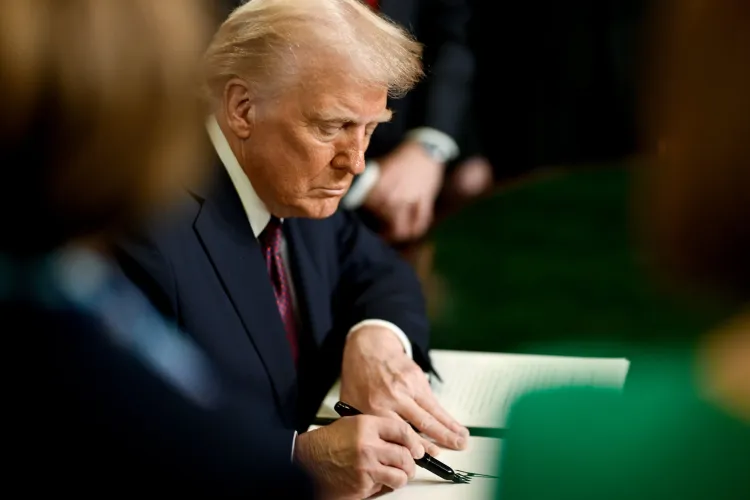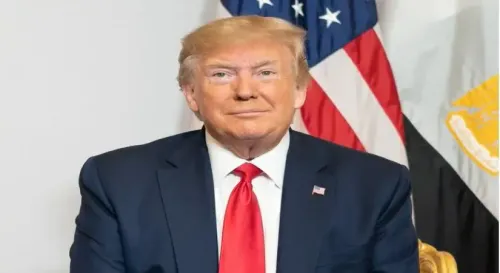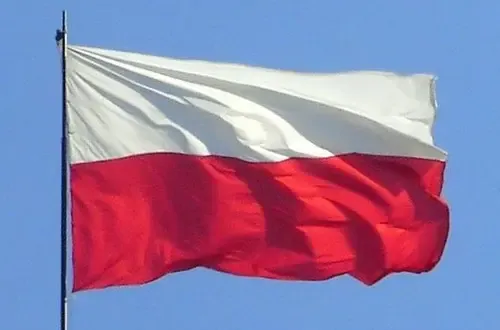Does Trump Consider the US Relationship with South Korea Strong After Trade Deal?

Synopsis
Key Takeaways
- Strong U.S.-South Korea relationship emphasized.
- Trade agreement reduces tariffs from 25% to 15%.
- South Korea pledges US$350 billion investment in the U.S.
- No opening of rice market included in the deal.
- Upcoming summit scheduled in two weeks.
Washington, Aug 2 (NationPress) US President Donald Trump declared that the United States shares a strong relationship with South Korea after both nations finalized a trade agreement this week, concluding months of challenging tariff discussions.
During a press session, Trump responded to an inquiry about his upcoming summit with South Korean President Lee Jae Myung, confirming it would occur at the White House in two weeks.
"We have a great relationship with South Korea," Trump stated succinctly, as reported by Yonhap news agency.
On Wednesday, the President announced the trade agreement, which involves reducing reciprocal tariffs on South Korea from 25 percent to 15 percent in exchange for Korea's investment commitments and various assurances.
He also mentioned that the South Korean leader will visit the White House soon. Subsequently, Seoul's Foreign Minister Cho Hyun indicated that discussions are in progress to finalize the summit date.
In a related note, the South Korean administration confirmed that the trade agreement with the United States does not entail further opening of the nation’s rice market to American imports. "The Korea-U.S. trade deal did not cover the rice issue," stated a joint release from the finance, industry, and agriculture ministries.
This announcement followed remarks from White House spokesperson Karoline Leavitt, who indicated that the trade deal includes market access for American products, including rice, which echoed President Trump’s earlier statements on agricultural market access.
On Thursday, the two nations reached an agreement allowing the U.S. to reduce its tariff rate for South Korea to 15 percent from the original 25 percent, in return for Seoul's commitment to invest US$350 billion in the U.S. economy and procure $100 billion worth of American liquefied natural gas and other energy resources over the next four years.
Reports suggest that the U.S. administration had urged Seoul to further open its rice and beef markets, raising concerns regarding Korea’s import restrictions on American beef from cattle older than 30 months.









